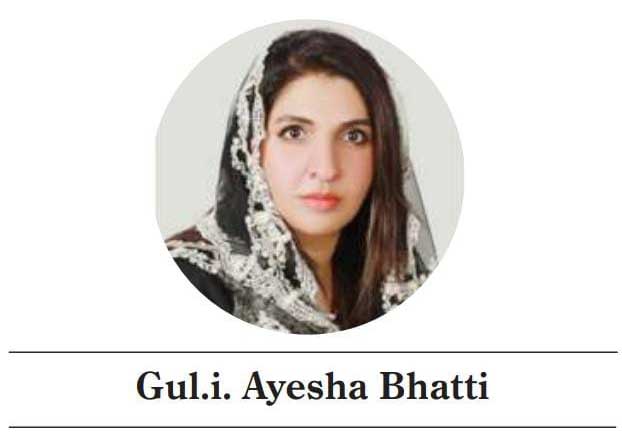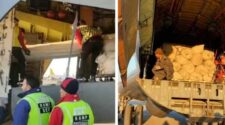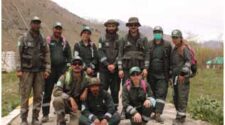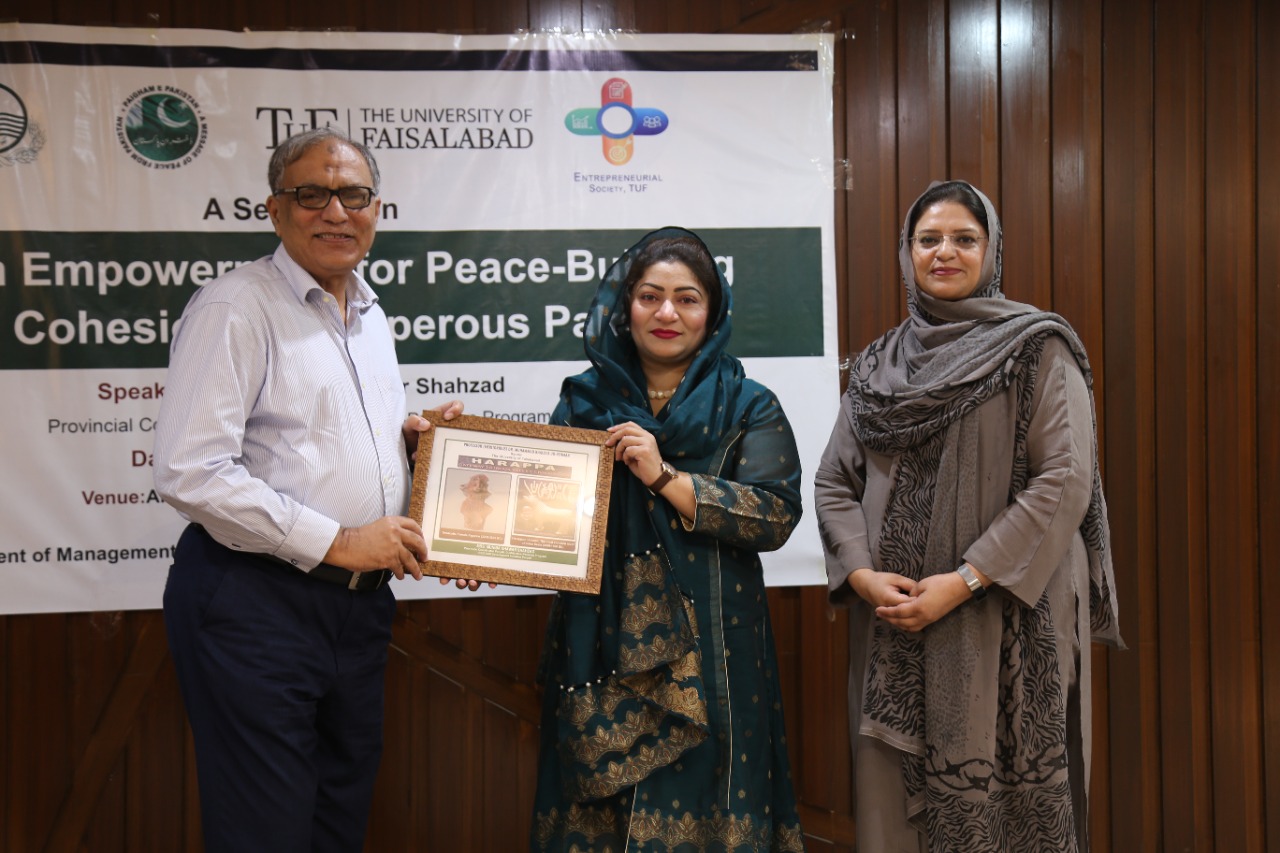Gul.i.Ayesha Bhatti
PhD Scholar International Relations Islamabad
guleayeshabhatti@gmail.com
Russia’s geography, history, and the dynamics of global power have all had a role in shaping its approach to international affairs. The Primakov Doctrine, named after former Russian Prime Minister and Foreign Minister Yevgeny Primakov, is one noteworthy foreign policy strategy that has arisen in recent decades. For approximately 20 years, this doctrine served as the cornerstone of Russian foreign policy. It has important implications for global power politics and stresses the significance of a multipolar world order where power is balanced among many big states. It suggests a triangular alliance between Russia, China, and India to thwart the ascent of the United States as the only powerhouse in the world.The RIC has long been hailed as the non-Western center for dialogue and cooperation that would usher in a new multipolar world. It also signifies a change from Russia’s early pro-Western position following the fall of the Soviet Union, which now focuses on boosting Russia’s power inside its own region and abroad.
The Primakov Doctrine’s tenets can be summed up as follows: multipolarity, strategic autonomy, regional integration—which emphasizes the significance of regional integration—pragmatism, and non-intervention. This doctrine is evident in Russia’s new foreign policy document, which was authorized by Presidential Executive Order No. 229 of March 31, 2023, was published on March 31 on the website of the Russian Federation’s Ministry of Foreign Affairs (in English, Spanish, and French).
The 42-page paper has six sections and 76 paragraphs in all. The concept’s prior edition was approved in November 2016. Here are a few key components of the new strategy, which is primarily based on the Russian Federation Constitution, including its strategic aims, significant objectives, and priority areas.
The new Russian foreign policy upholds international law and seeks equitable international involvement to solve shared concerns and advance shared interests. Peaceful, open, reliable, and pragmatic. Russia’s stance depends on foreign nations and interstate organisations’ friendliness, neutrality, or cooperation.
Its main goal is to accelerate integration and find a system of all-encompassing cooperation based on Central Asian republics and the united CIS and EAEU that benefits all parties. Russia wants to deepen its strategic partnership with China and India. It will boost connections with Middle Eastern and North African countries by combining the resources of all regional governments and interstate coalitions, such as the League of Arab States and the Gulf Cooperation Council.
The new concept also claims that Russia shares African nations’ aspirations for a more just polycentric world and the abolition of social and economic inequality, which are rising due to some industrialised nations’ sophisticated neocolonial practises against Africa. Russia wants to help Africa become a global growth hub. The African Union and the Russia-Africa Partnership Forum are the key venues for bilateral and multilateral Russian-African cooperation.
The Russian Federation wants to develop practical, de-ideological, and mutually beneficial relations with Latin American and Caribbean states to help them secure sovereignty and independence from the United States and its allies. Latin American and Caribbean republics are increasing their autonomy and varied potential. It prioritises strengthening links with other Latin American states while taking into mind their independence and constructive relations with the Russian Federation. This includes diverse, mutually advantageous partnerships with Brazil, Cuba, Nicaragua, and Venezuela.
It also stressed that most European nations have an aggressive foreign policy towards Russia that seeks to undermine Russia’s security and sovereignty, gain economic advantages, undermine domestic political stability, erode traditional Russian spiritual and moral values, and obstruct Russia’s relations with allies and partners. The Russian Federation will defend its national interests in the EU. The U.S. is a major sovereign centre of global development and the main driver, organiser, and implementer of the West’s aggressive anti-Russian policy, which threatens the security of the Russian Federation, international peace, and humanity’s balanced, equitable, and forward-moving development. Russia’s U.S. policy considers this.
Foreign Minister Sergey Lavrov said the new plan encompasses the 2021 National Security Strategy. “The logic of the document reflects changing geopolitical realities—revolutionary advances on the outer contour, which have received a visible acceleration with the start of a special military operation.” He continued, “In particular, the unprecedented level of international tension over the past decade is stated. Unfriendly states pose grave threats to our security and prosperity. US-led hybrid warfare against Russia.
Being a permanent member of the United Nations Security Council, a participant in the major international organizations and associations, one of the two largest nuclear powers, and the successor (continuing legal personality) of the Union of Soviet Socialist Republics (USSR), Russia has significant resources in all spheres of human endeavor. And its independent and multifaceted foreign policy approach, guided by both the country’s own interests and its specific obligation to uphold international and regional peace and security. Moreover, it is a strong indicator of the emergence of a multipolar world in which states are devising broader strategies to protect their own interests in this period of transition. They are more preoccupied with optimizing their political benefit and influence in global politics.











